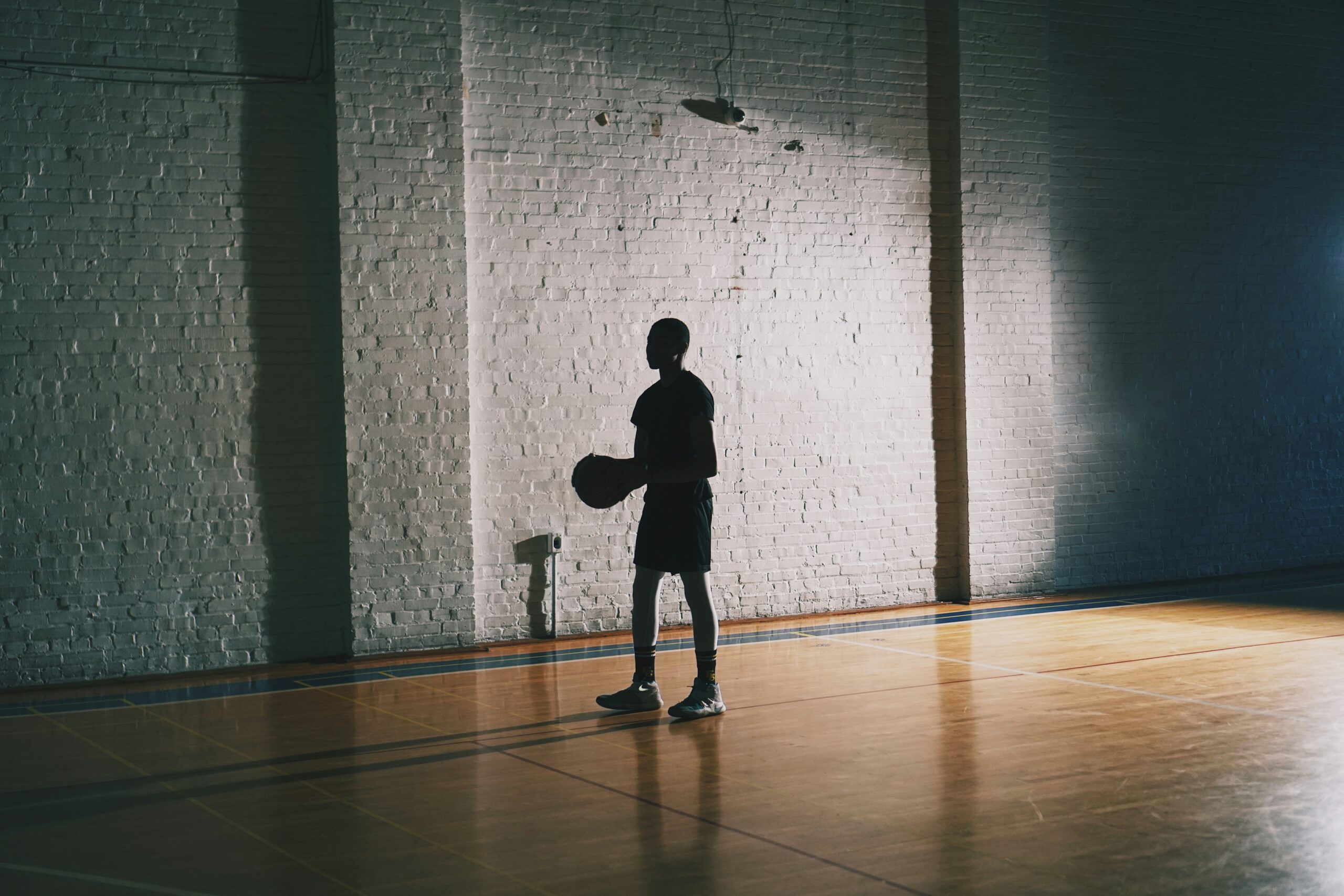
Engaging in sports has long been praised for its ability to foster physical health. But the true scope of its benefits extends far beyond muscle tone and cardiovascular fitness. Participating in sports is a powerful tool for nurturing mental health, building character, and fostering social connection. Whether it’s a solo pursuit like swimming or a team sport like soccer, the act of moving one’s body with intention and discipline opens the door to a healthier, more balanced life.
Boosting Physical Health in Dynamic Ways
Sports are an excellent and enjoyable way to meet physical activity recommendations, helping to build strength, flexibility, endurance, and overall vitality. Unlike standard gym routines, sports often involve a wide variety of motions and challenges, which makes them not only physically engaging but also functionally beneficial. Playing tennis, for example, improves hand-eye coordination, quick reflexes, and agility, while running or cycling develops cardiovascular endurance and leg strength. Regular participation helps reduce the risk of chronic diseases such as obesity, hypertension, type 2 diabetes, and even certain cancers.
For children and teenagers, sports play a vital role in the development of bone density, balance, and motor skills. For adults and older individuals, maintaining regular participation in sports can significantly slow age-related physical decline. Improved posture, balance, and reaction time translate to fewer falls and injuries, which makes sports a valuable investment in long-term physical resilience.
Mental Health: A Natural Antidepressant
The mental benefits of playing sports are perhaps even more impactful. Physical activity triggers the release of endorphins—feel-good chemicals that help combat stress, anxiety, and depression. This effect is immediate, often felt during or right after physical exertion, but it also accumulates over time. Those who play sports regularly report better sleep, improved mood, and higher overall life satisfaction.
Beyond biochemical effects, sports serve as a structured outlet for emotional expression. They provide a space to release tension and frustration, promote self-awareness, and offer a break from daily stressors. Activities like yoga or martial arts, for example, combine movement with breathwork and mental focus, creating a meditative experience that grounds the mind.
Cognitive Development and Mental Sharpness
Participating in sports sharpens focus, enhances decision-making, and improves memory. Team sports especially demand quick thinking, strategic planning, and adaptability. Basketball players must assess ever-changing court dynamics, make split-second decisions, and communicate with teammates—all while staying physically active. This mental engagement stimulates the brain and strengthens cognitive function.
For younger individuals, sports have been associated with better academic performance. Students who play sports often demonstrate improved attention spans, enhanced problem-solving abilities, and higher levels of discipline. These skills are transferable and build a foundation for success in school, work, and life.
Discipline, Resilience, and Goal-Setting
Sports require consistent practice, time management, and self-control—traits that translate directly into personal development. Learning to push through fatigue during a long-distance race or rebounding from a team loss fosters resilience. Athletes quickly learn that setbacks are part of the journey and that progress comes from persistence.
Setting and achieving goals is another integral aspect of sports participation. Whether it’s increasing the number of laps swum or qualifying for a regional tournament, these milestones teach the value of goal-setting and delayed gratification. The discipline learned on the field or court often spills over into other areas of life, helping individuals stick to study schedules, job responsibilities, and personal commitments.
Teamwork and Social Connection
One of the most valuable aspects of sports is the social element. Team sports, in particular, cultivate communication skills, mutual respect, and a sense of camaraderie. Players learn to work together toward a common objective, to handle disagreements constructively, and to support one another through victories and defeats.
Even individual sports foster social bonds. Runners join clubs, martial artists train in dojos, and swimmers connect through meets. These communities offer friendship, encouragement, and a shared sense of purpose. For many people, sports provide not only physical and mental benefits but also a critical social lifeline.
Self-Esteem and Confidence
Confidence often flourishes in the context of sports. Accomplishing physical feats—whether that means scoring a goal, finishing a challenging hike, or mastering a complex movement—rewards individuals with a sense of pride and capability. Over time, these accomplishments build a stronger self-image.
Importantly, the focus on personal growth rather than perfection can lead to healthier self-esteem. Sports reinforce the idea that failure is not the end but a stepping stone to improvement. Athletes come to view challenges as opportunities to learn, which nurtures a mindset of positivity and perseverance.
A Lifelong Foundation for Well-Being
The habits developed through sports often last a lifetime. People who engage in sports as children or adolescents are more likely to remain active as adults. These lifelong habits contribute to sustained health, improved quality of life, and even longevity. Sports not only shape strong bodies—they shape strong lives.
Whether pursued competitively or recreationally, sports offer a holistic avenue for growth. They fuel the body, enrich the mind, and connect people in meaningful ways. In a world increasingly dominated by screens and sedentary lifestyles, returning to the field, court, pool, or trail is a choice that supports both physical and mental well-being.
Ultimately, playing sports isn’t just about physical prowess or competitive glory. It’s about nurturing the complete individual—mind, body, and spirit—and building a life of strength, resilience, and connection.